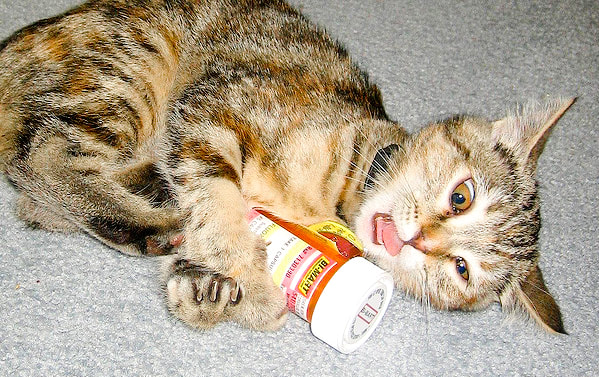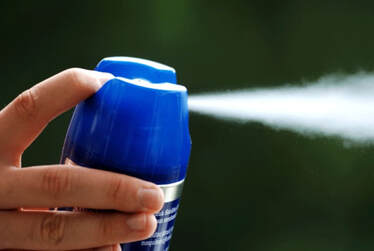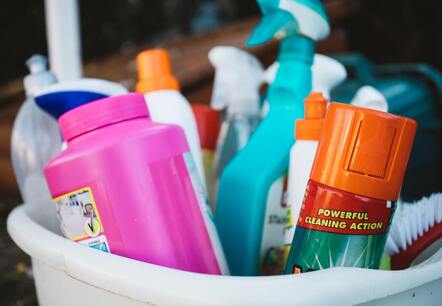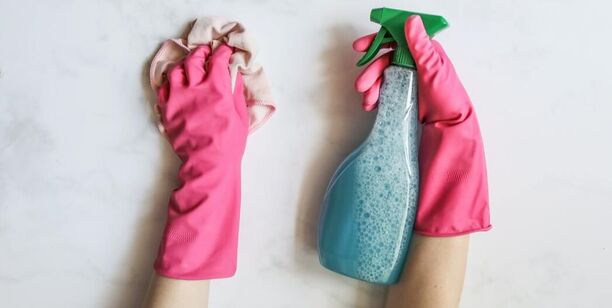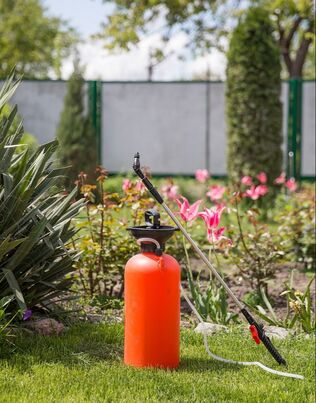Animal Poison Control Center
(888) 426-4435
Human Medications
|
Over-the-counter and prescription medications for humans can be extremely harmful for pets, causing liver disease, kidney dysfunction, jaundice (to name a few symptoms), and even death. Keep your best friends safe but storing medicines in a secure location.
|
These are the top 10 common medications that are harmful to dogs but DON'T give your pet any medications without Veterinary approval: 1. Aspirin 2. Ibuprofen 3. Naproxen (Aleve) 4. Indomethacin 5. Acetaminophen 6. Xanax 7. Ambien 8. ACE Inhibitors 9. Beta Blockers 10. Adderall |
Pet Medications
|
Every year, thousands of animals are unintentionally poisoned by products marketed to fight fleas and ticks. Not all products are created equal is one problem. Also, small cats and dogs might receive larger doses than necessary or a pet might consume drugs not intended for them (ex. past prescriptions for other pets), leading to poisoning. A pet getting the wrong medication can have fatal consequences. Be sure to ask your Veterinarian before giving your pet any medication that hasn't been prescribed to them.
|
Insecticides
|
Insecticides are designed to kill bugs and they can be just as deadly for pets. The severity depends on the toxicity of the ingredients and other symptoms include vomiting, diarrhea, fever, drooling, anorexia, depression, trouble walking, tremors, seizures, constricted (pinpoint) pupils, increased heart rate, and respiratory failure. If you have these products, keep them secure and use sparingly. Keep your pets away from the area the insecticide was used. |
Household Cleaning Products, Pool & Hot Tub Chemicals
|
ALL household cleaning products and pool/spa chemicals need to be used and stored carefully. When cleaning a room, make sure to allow ventilation and give time for it to dry before pets return to the area.
A common ingredient in cleaners is ammonia, a harsh chemical that can cause eye, nose, and throat irritation as well as respiratory problems if the vapors are inhaled. Familiar examples include glass cleaners and carpet cleaning foams. Other harmful substances include bleach & chlorine (labelled as sodium hypochlorite), formaldehyde (labelled as formalin, formic aldehyde, methanal, methylene, and quaternium-15), phenol (AKA butylated hydroxytoluene, benzenol, carbolic acid, phenolic acid, Bakelite, and alkylphenols) and isopropyl/ rubbing alcohol. Examples include mildew removers, multipurpose and bathroom cleaners, drain cleaners, and hand sanitizers.
|
Symptoms from skin contact include redness, irritation, rash, sores, blisters, and chemical burns.
Symptoms from ingesting: pawing at the mouth, vomiting, drooling, diarrhea, lethargy, lack of appetite, abdominal pain, disorientation, seizures, and coma. Symptoms from inhalation include watery eyes, sneezing, coughing, difficulty breathing, open-mouth breathing in cats, increased rate of breathing, and bluish-colored gums. |
Lawn & Gardening Products |
- Fertilizers can wreak havoc on a pet. High iron levels can cause vomiting, diarrhea, and anorexia. Bone meal, often found in natural fertilizers is tempting to pets with the smell but in large amounts can form a solid mass in the stomach causing blockage and sometimes requiring surgery. Pancreatitis is another possibility. Rose fertilizer is extremely dangerous. On the mild toxicity side, you'll first notice drooling, vomiting, diarrhea, anorexia, abdominal pain, rash, itch, or although rarely, a swollen muzzle. Additional, more severe symptoms can include irritation to the skin, eyes, mucous brains, disorientation, uncontrollable urination or defecation, muscle pain or stiffness, and tremors or seizures.
Other Yard Hazards
- Dogs exposed to lawn care chemicals can have a higher bladder cancer risk.
- Grass clippings and compost can contain dangerous molds and bacteria. - Grass seeds can get stuck to your pets coat/skin and cause irritation, infection, and can lead to potentially serious problems. - See our list of Toxic Plants |
More Household Products
As lovely as a nice smelling home is, many essential oils, candles, and spray or plug-in air fresheners can actually cause problems for your pet’s health, not to mention your own. You need to be mindful of what’s in the products to avoid subjecting your pets to chemical toxicity or respiratory problems. Also remember that a dog's sense of smell is 10,000-100,000 times stronger than ours, making the scent much more potent.
|
Essential Oils and Liquid Potpourri
Certain oils/blends are known to be toxic to cats and/or dogs. These include Cinnamon, Citrus, Clove, Eucalyptus, Juniper, Lavender, Pennyroyal, Peppermint, Pine, Sweet Birch, Tea Tree (Melaleuca), Thyme, Wintergreen, Yarrow, and Ylang Ylang and any high in phenols. Whether ingested or applied/transferred to the skin, these oils can cause balance issues, depression, drooling, vomiting, diarrhea, or in severe cases, low body temperature, tremors, and respiratory distress. The risk is increased for the young and the elderly, and especially for pets with liver disease. Birds have a highly sensitive respiratory system so it's best to avoid oil diffusers altogether.
|
Scented Candles
Many scented candles use essential oils for their fragrance; avoid those previously listed. Many also include Naphthalene and Phthalates. Naphthalene is a substance made from crude oil or coal tar and when burned, creates a toxic gas. It is used as a pest repellent, including in mothballs (also toxic to cats and dogs), and an insecticide. Phthalenes are used to soften plastics and exposure can lead to cancer, fertility, and development. Your safest option is an unscented beeswax, vegetable oil, or soy candle, placed safely out of the pet's reach, of course.
Spray & Plug-In Air Fresheners
Many spray and plug-in air fresheners contain volatile organic compounds (VOCs) - chemicals that turn solids or liquids into gasses. VOCs have been linked to numerous health issues in pets and in humans. Immediately, they can cause eye, nose, and throat irritation, headaches, nausea, and lethargy while persistent exposure can lead to asthma development or worsening, and kidney and liver damage. Certain VOCs have also been associated with an increased risk of cancer.
|
ASPCA's Animal Poison Control Center
(888) 426-4435
(888) 426-4435
If you suspect your pet has ingested a hazardous substance, please contact Poison Control IMMEDIATELY.
They will assign you a Case number and direct you to the next steps.
They will assign you a Case number and direct you to the next steps.


